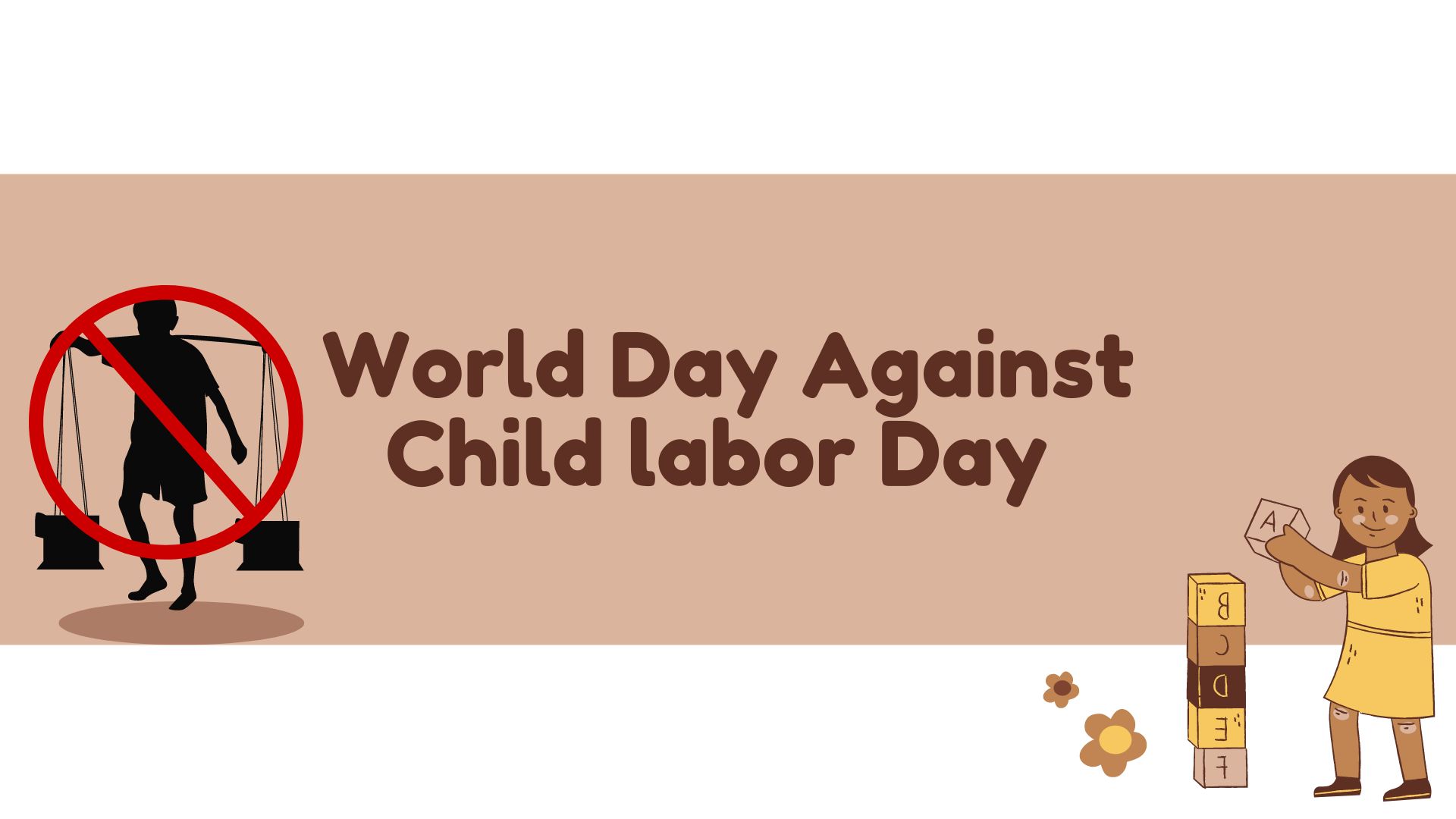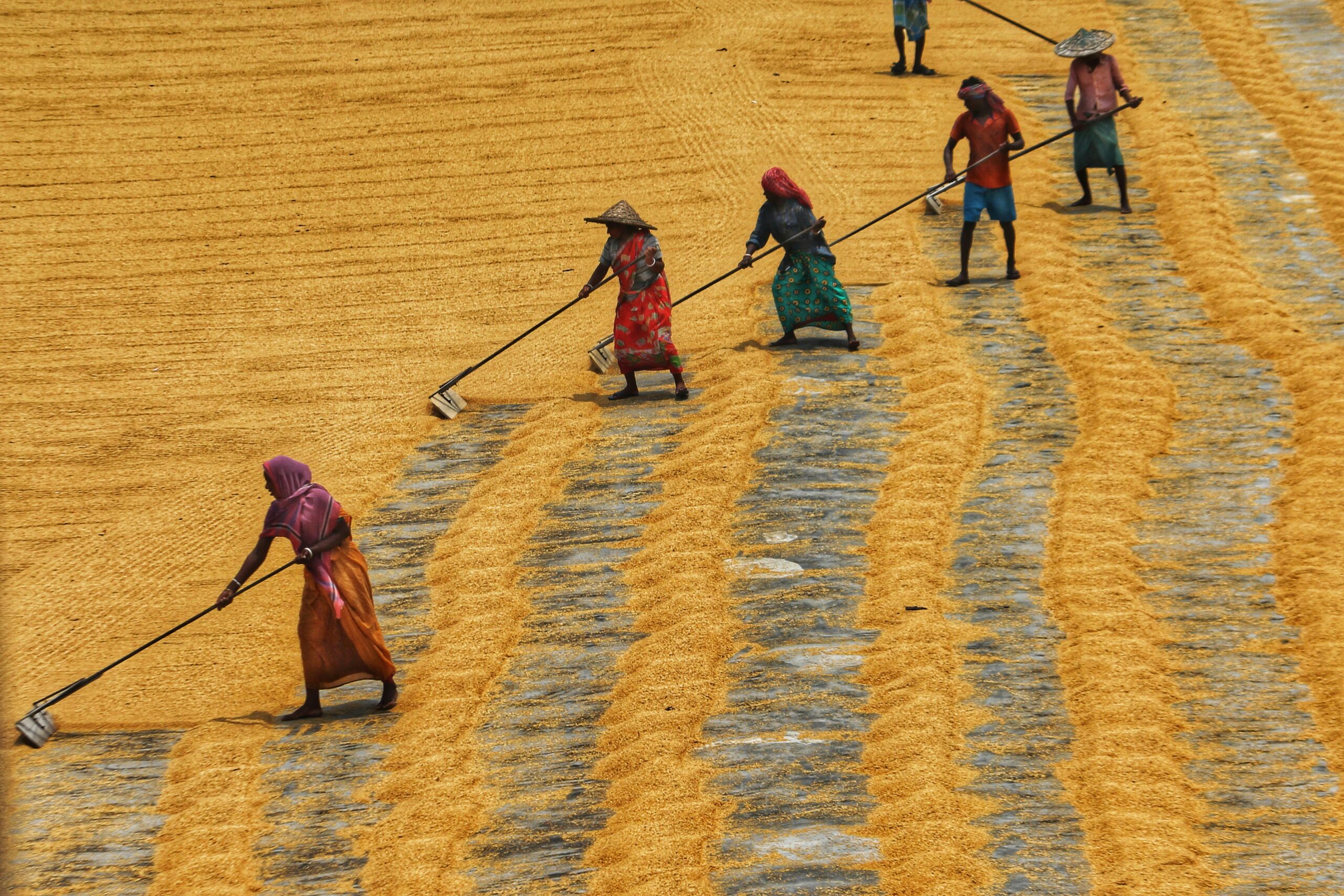In 1989, 33 years ago when the world population reached five billion, the Governing Council of UNDP decided to mark the day, July 11 as the world population day. Since then the population has expanded to close to 8 billion, evoking concerns from several quarters about the ability of the plant to sustain the population. Concerns regarding the impacts that such a large global population has on the already stressed and fragile ecosystem continue to be hotly discussed and debated at national and international forums.
The collapsing ecosystem and the emerging fault lines have become more pronounced in the wake of the pandemic and rising incidences of natural disasters, which impact the most vulnerable and marginalized populations disproportionately. There is today a growing consciousness among businesses, law makers, investor community, and civil society actors to press upon the need for bringing human centric policies, approaches and systems to the fore.
There is a sense of urgency with which these issues are identified and addressed by way of policy reforms, legislations, international commitments etc. Laws that demand greater accountability in the business value chains are being drafted and enforced. Countries such as Germany, France, Norway, Netherlands, the UK are among the first movers. The EU today is looking at making human rights due diligence in the supply chains mandatory for businesses. Likewise, investors, banks and other financial institutions are demanding ESG disclosures by businesses. These developments are indicative of efforts being made to build back better, a more resilient and equitable system, which is responsive to and responsible towards its people and nature.
The Centre for Responsible Business (CRB) has spent a decade engaging with key stakeholders, especially businesses to co-create knowledge, practices, and tools that are able to influence international policies and initiatives. Going forward, we aim to work towards a decade of measurable impacts by facilitating partnerships for people, planet and prosperity and enabling transformation and impacts where most needed.
This will also be the dominant discourse in the run up to CRB’s 9th annual flagship conference taking place in New Delhi from November 2 -4, 2022 with the theme – ‘Prioritising Nature and People in Business to Create Measurable Impacts’ which has been carefully chosen to reflect the challenges we face as we strive to navigate these waters, to join the discourse you can register here.
At CRB we believe that every stakeholder has a vital role to play in working towards achieving the SDGs and only through our collective efforts will we be able to achieve a sustainable, inclusive and resilient world.
[1] https://www.frontiersin.org/articles/10.3389/fsufs.2020.617009/full
[2] https://www.cnbc.com/2022/04/06/a-fertilizer-shortage-worsened-by-war-in-ukraine-is-driving-up-global-food-prices-and-scarcity.html
[3] Malhi, G. S., Kaur, M., & Kaushik, P. (2021). Impact of climate change on agriculture and its mitigation strategies: A review. Sustainability, 13(3), 1318.
[4] https://www.moneycontrol.com/news/business/economy/explained-how-indias-plan-to-boost-wheat-exports-can-fall-foul-of-wto-rules-8424911.html
[5] https://economictimes.indiatimes.com/industry/cons-products/fmcg/fmcg-majors-including-hul-britannia-marico-make-big-gains-as-inflation-blunts-small-firms-edge/articleshow/91501533.cms?utm_source=contentofinterest&utm_medium=text&utm_campaign=cppst
[6] https://www.ceew.in/sites/default/files/CEEW-Sustainable-Agricultre-in-India-2021-May21.pdf
[7] https://www.ceew.in/sites/default/files/CEEW-Sustainable-Agricultre-in-India-2021-May21
[8] https://link.springer.com/article/10.1007/s12571-021-01184-6
[9] https://www.sciencedirect.com/science/article/pii/S0308521X20308581
[10] Malhi, G. S., Kaur, M., & Kaushik, P. (2021). Impact of climate change on agriculture and its mitigation strategies: A review. Sustainability, 13(3), 1318.












































































































